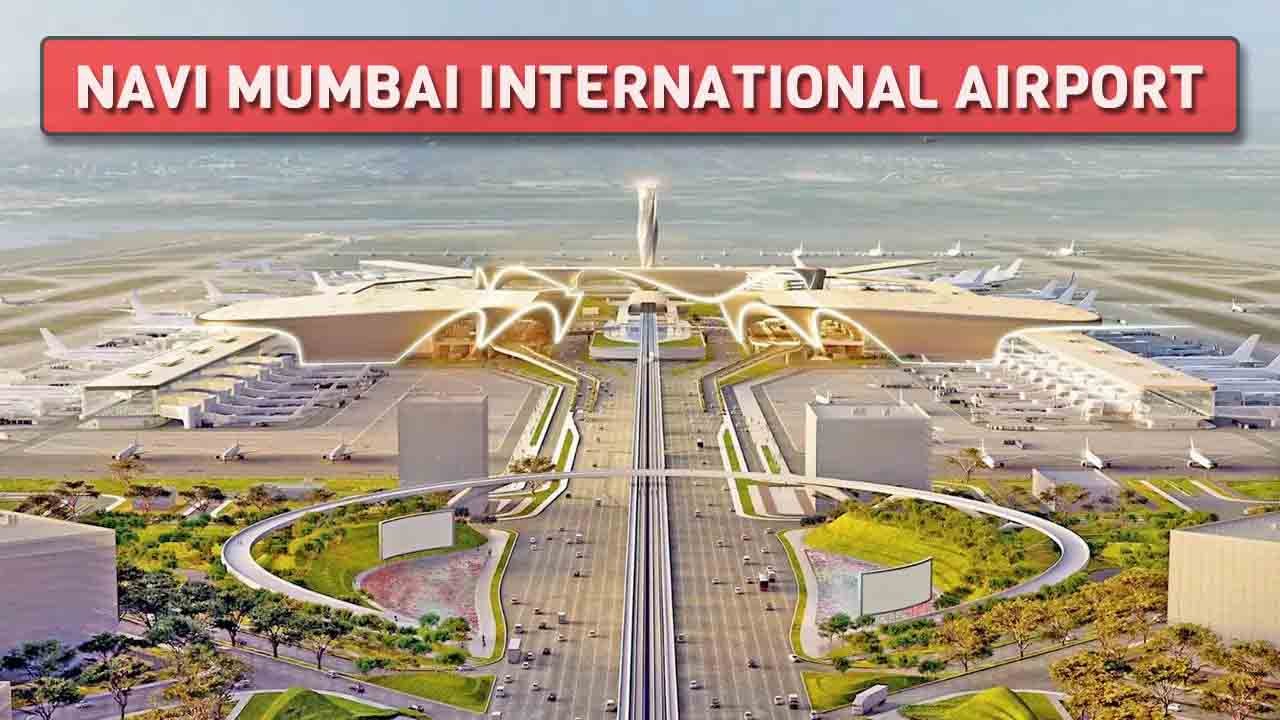The Navi Mumbai International Airport (NMIA) will land its first aircraft on a trial basis On October 31,.
This will be a significant milestone in calibrating flight paths to ensure operational readiness of the airport, after the introduction of the Instrument Landing System (ILS).
Last month, the Airports Authority of India (AAI) conducted ILS trials but could not complete them due to rain and bad weather. They are planning to resume the trials again on August 12.
Several tests and permissions are required before the runway can be operational; therefore, tests must be completed, the route calibrated, and reports sent.
The ILS is a precision runway approach aid based on two radio beams that provide vertical and horizontal guidance to pilots during landing. The glide path component provides vertical guidance for altitude, while the localizer component provides lateral guidance to ensure aircraft alignment with the centreline of the runway.
The first phase is expected to be fully operational by March 31, 2025.
Navi Mumbai International Airport is spread over 1,160 acres. The airport project will be estimated to cost Rs 16,700 crore. It will have two runways that will be 1.55 km apart.
NMIA will be the second airport in the Mumbai Metropolitan Region (MMR), addressing capacity constraints at the Chhatrapati Shivaji Maharaj International Airport.
With 40 percent more passenger handling capacity in the MMR region overnight, this new airport will change the demand-supply dynamics. Built in 1999, the Navi Mumbai Airport began service in 2017.
The International Air Transport Association (IATA) has given the code “NMI” to Navi Mumbai International Airport Pvt Ltd (NMIAL) in a significant event. The designation helps give the airport a worldwide identity, the Free Press Journal said.
The airport will initially have a capacity of 20 million passengers and 0.5 million metric tonnes of cargo.
The first and second phases will have one runway, one terminal building and 20 million passenger capacity. The third, fourth and fifth phases will provide a second runway, four additional terminals and 90 million more passenger capacity.



